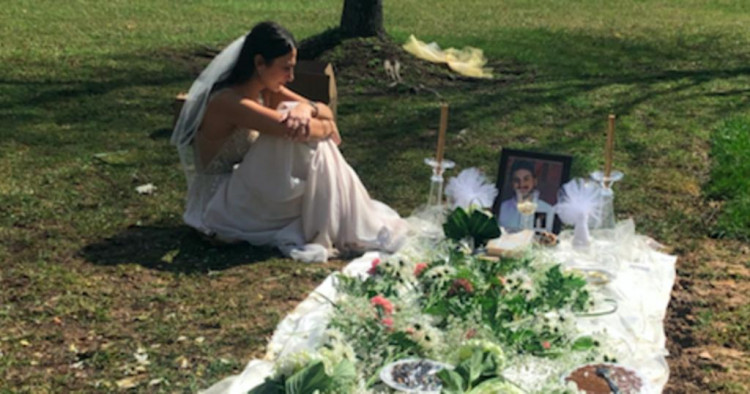Women tend to be more susceptible to violence than man. Statistics from the World Health Organization shows that among all people who are suffering from trauma because of factors such as civil wars, violence, displacement, and natural catastrophe, about 80% of 50 million people are either children or women.
With this alarming rate, experts saw the need for comfort to ease these women's traumas. This gave birth to Rise programme, an addiction programme for women, located at The Cabin in Chiang Mai, Thailand. Designed by Paula Shields, the program's clinical lead, the Rise programme is focused on helping women who are experiencing trauma and addiction to a substance such as alcohol.
By studying the situations of several women, experts were able to find a special link between trauma and addiction, as reported by the South China Morning Post. According to them, trauma drives women to drink a lot and use drugs. The emotional state they are in becomes so difficult to handle that they are often caught in the pit of getting addicted.
Given this discovery, Dr. Stephanie Covington, a California-based clinician who also worked for hand in hand with Shields, decided to pursue a treatment model that could alter their patients' addiction, help them recover from trauma, and improve their psychological development. He called this treatment model as Women's Integrated Treatment (WIT).
Though the treatment can be used to alter the woman's dependence on drug and alcohol, experts are still well-aware of the huge possibility that these women might not stay sober for so long. Some of them would still choose to get back to their old lives, maybe not with the same issue, but with the same cause.
This is the reason experts want to deal with the root of the problem aside from the effects of it. They wanted to ease the trauma these women are facing, especially when it comes to domestic violence and sexual abuse.
Experts say that one of the most crucial things that could alter trauma and addiction is education. It is presently considered as the key factor of the programme.
The Cabin was established in 2010. Ever since it has operated, the staffs have already served about 3,000 clients, 25% of which are women. The most common substance that their patients are usually addicted to are opiates and alcohol. Opiates are medications often used to treat people who have bipolar disorder, which is also considered one of the symptoms of trauma.






